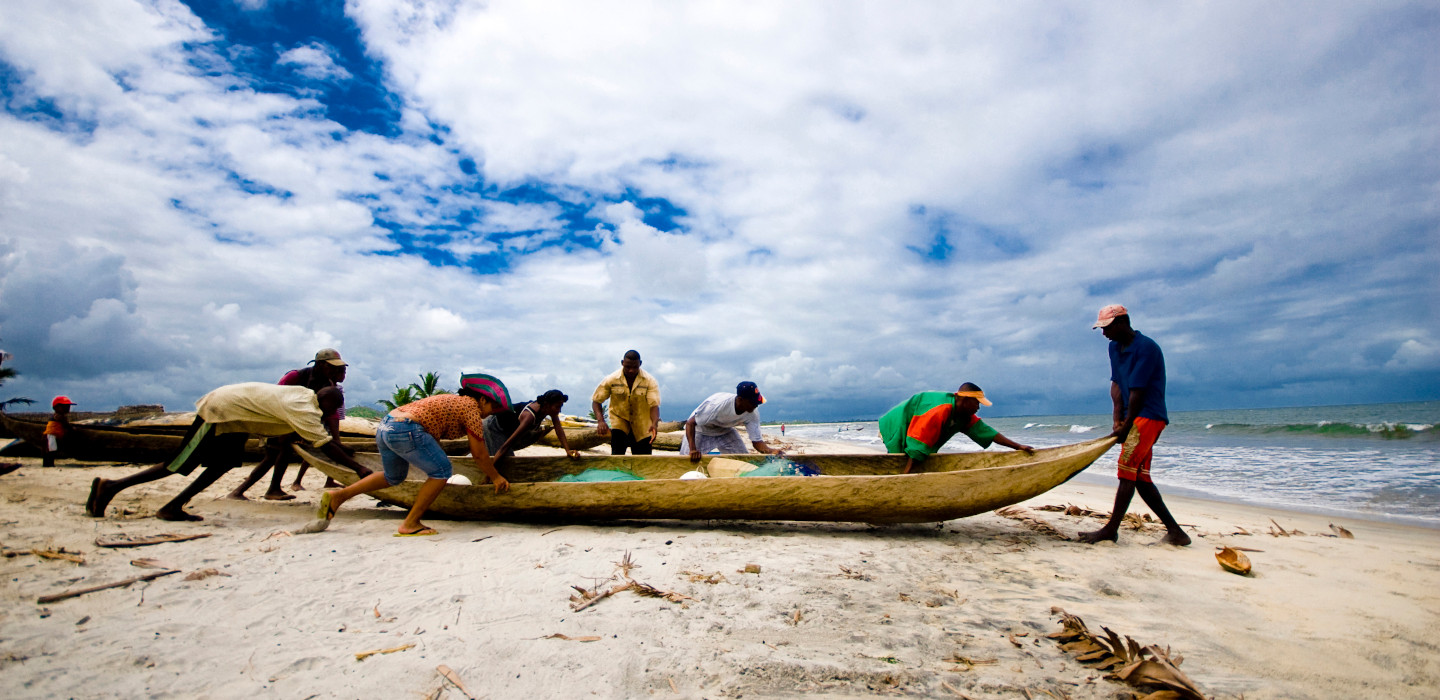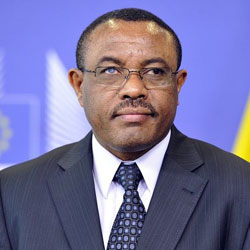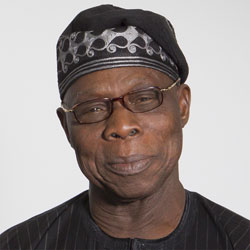Member State delegates welcome Special Envoys in support of IFAD’s Twelfth Replenishment
IFAD Asset Request Portlet
Asset Publisher
Member State delegates welcome Special Envoys in support of IFAD’s Twelfth Replenishment
Estimated reading time: 3 minutes
IFAD’s Twelfth Replenishment (IFAD12) comes at a critical juncture. Hunger is on the rise across the globe, and progress against poverty has come to a standstill. Meanwhile, the rise of the COVID-19 pandemic has not only harmed global health but disrupted the trade that so many small-scale farmers depend on for their livelihoods. If allowed to continue unchecked, decades’ worth of progress will be left hanging in the balance.
Against this backdrop, IFAD reconvenes the second of four consultation sessions this week, bringing Member State delegates together in discussions that will shape IFAD’s impact and levels of investment in support of the world’s poorest and most marginalized people in the coming years. Joining the session to help galvanize support are IFAD’s Special Envoys, His Excellency Chief Olusegun Obasanjo and His Excellency Hailemariam Desalegn Boshe.
A transformative plan has never been more important – not only to combat the fallout from the COVID-19 pandemic, but to ensure that the problems facing poor rural communities continue to be addressed and that progress is made towards achieving the Sustainable Development Goals.
For IFAD12, we have committed to a new business model – one that embeds our short-term responses to the pandemic into an array of new tools and approaches designed to help rural women and men in IFAD-supported projects sustain the progress they’ve achieved so far and build back even stronger. As we begin to build out this plan, we remain grateful for the close collaboration of our Member States and other partners across the globe who are committed to sustainable rural development and efforts to end extreme poverty and hunger.
IFAD’s Special Envoys, H.E. Chief Olusegun and H.E. Hailemariam, are critical contributors playing a key role in the IFAD12 consultations. Together, they are leading an important initiative, reaching out to African Heads of State to encourage them to participate in a global campaign calling for an increase in contributions to IFAD12. Our goal is to double our impact over the next 10 years.
As leading statesmen, champions of small-scale agriculture, advocates of agribusiness and of the empowerment of rural food producers, IFAD’s Special Envoys are well acquainted with the issues we work to address every day.
Although both have worked together outside of IFAD – for example, on the advisory board of the Brenthurst Foundation, a think tank that supports and funds African development – this will be their first time collaborating on IFAD’s behalf.

H.E. Hailemariam Desalegn Boshe
H.E. Hailemariam, the former Prime Minister of Ethiopia, sees the challenges faced by poor rural communities from a practical, systems-based perspective. His understanding of the interconnected nature of short-term shocks, such as the pandemic, combined with chronic poverty and hunger, leads him to advocate for international partnership, innovative technologies and the strategic mobilization of resources. Yet he also understands that focusing on small-scale agriculture is the key to driving system-level change.
Thanks to Ethiopian small-scale farmers’ participation in IFAD-funded programmes such as RFIP, he has witnessed these changes first-hand. This programme helps microfinance institutions expand their mobile money offerings, allowing Ethiopian farmers to access a range of financial products and services through their mobile phones. RFIP represents what H. E. Hailemariam sees as the core strength of IFAD-supported projects – the ability to catalyze change by mobilizing resources from national and international partners.

H. E. Chief Olusegun Obasanjo
During his tenure as President of the Federal Republic of Nigeria, H.E. Chief Olusegun – or “Baba,” as he is fondly called – oversaw the country’s first democratic handover of power and initiated administrative reforms that accelerated economic growth. A champion of food security, agribusiness, gender equality, and environmental justice, he advocates tirelessly for the empowerment of women and youth, job creation, improved nutrition and climate-smart modernization. Even after leaving office in 2007, he has continued to lay the groundwork for vibrant, inclusive and sustainable rural communities.
Like H.E. Hailemariam, H.E. Chief Olusegun has also seen the extent and reach of IFAD’s work through our active programmes in Nigeria. With the collaboration of government partners, IFAD-supported projects help many rural Nigerians access resources, water and land, while empowering them to combat environmental degradation.
For more information about the replenishment, visit our IFAD12 microsite.
Publication date: 21 July 2020